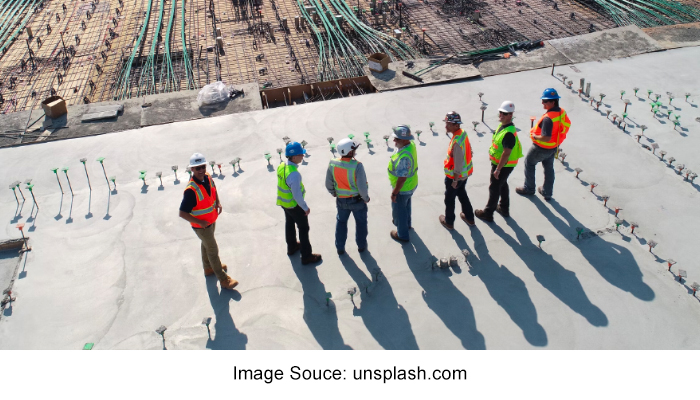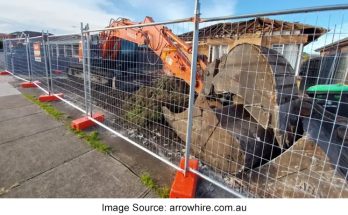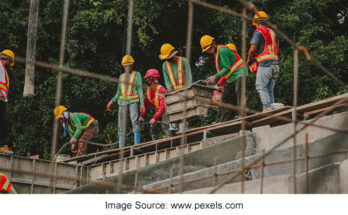Construction projects entail familiarity with structural concepts, engineering processes, and regulatory compliance. Although stakeholders can hire a professional to do the work, having the basic knowledge can help them understand the scope and roles of every party in the project.
For example, project managers work with structural engineers to help them assess the property’s condition and address structural concerns. Structural engineers can identify deficiencies and recommend ways to enhance the structure’s design. Before renovating a project, it would be better to consult with a commercial building engineer NJ as they have the expertise in verifying structural integrity.
During a property inspection, a reputable structural engineer will examine the building’s foundation, external walls, framing, and building envelope. They will confirm the building’s structural soundness and code compliance.
Structural engineers can also perform a more focused examination of areas with major structural concerns. This may involve an assessment of the following components:
- Roof framing
- Attic
- Exterior and interior walls
- Bearing walls
- Columns
- Beams
- Footings
- Girder
Following the visual assessment, the structural engineer NJ will compile the gathered information and create a comprehensive inspection report. The report will also detail the engineer’s recommendations on the identified structural concerns. Inspection reports are important because they help property buyers verify the property’s condition and assist sellers in acquiring the most competitive cost for the asset.
Since there are several structural engineers in the field, finding the right and qualified one is challenging. Structural engineers must hold a license with a unique identification number. This number should be visible on their approved construction plans and reports.
Furthermore, clients must hire a structural engineer specializing in the intended project. They can ask for a portfolio and references to verify their competency. Qualified engineers should address client’s concerns and clarifications to avoid inaccurate interpretations and meet their expectations.
To learn more about structural engineers, read this infographic from Lockatong Engineering.





